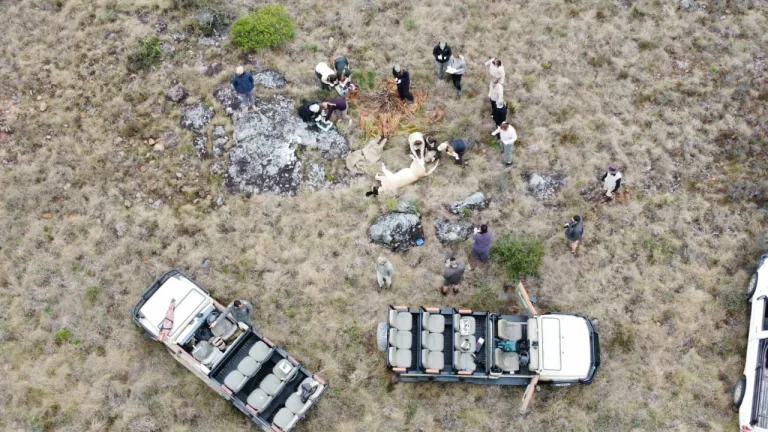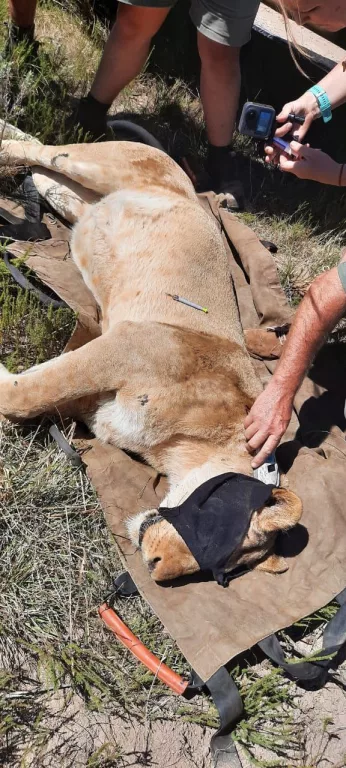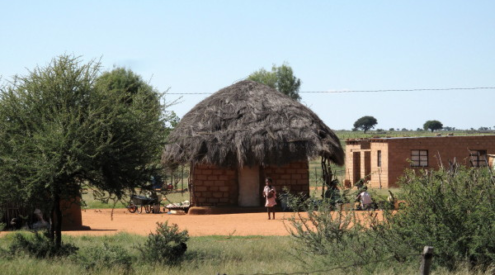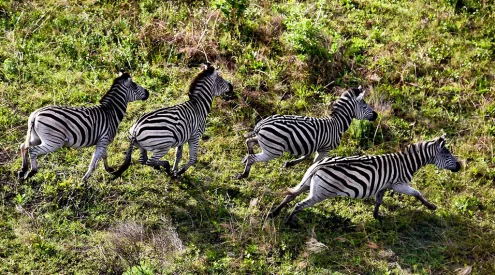Lalibela Game Reserve in the Eastern Cape has introduced a successful contraceptive strategy for its lion and elephant populations. With limited space and a delicate predator-prey balance, population control is vital to preserving the reserve’s ecological health.

‘Our conservation efforts aim to meet the biological needs of the reserve while caring for the longevity and wellbeing of its animals,’ says Lalibela Conservation Manager Courtney Hicks. Unchecked population growth can lead to habitat degradation and prey depletion, threatening the reserve’s ecological balance. To address this, Lalibela employs non-lethal contraceptive methods to stabilize animal populations without affecting genetic diversity or social structures.

For elephants, which depend on complex family systems, a contraceptive vaccine is administered to females via non-invasive darts from a helicopter. This method helps maintain optimal numbers while preserving their social dynamics. Similarly, lioness populations are managed using deslorelin implants, which temporarily induce infertility to ensure the stability of prey species and prevent inbreeding.
While contraceptives are a short-term solution, Lalibela’s long-term vision involves expanding its land and connecting with neighboring reserves, allowing natural population dynamics to resume.
For more on Lalibela’s conservation efforts, visit Lalibela Conservation.
Pictures: Supplied
ALSO READ: The pros and cons of dining near tourist attractions



















